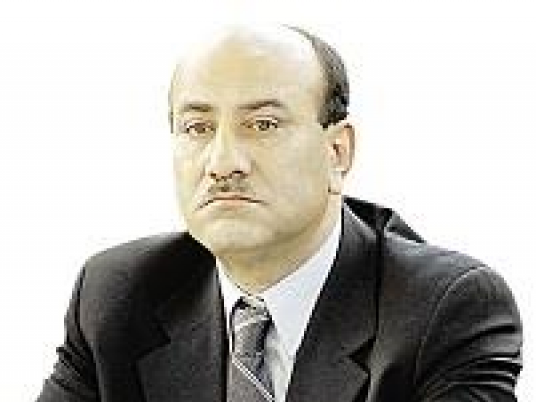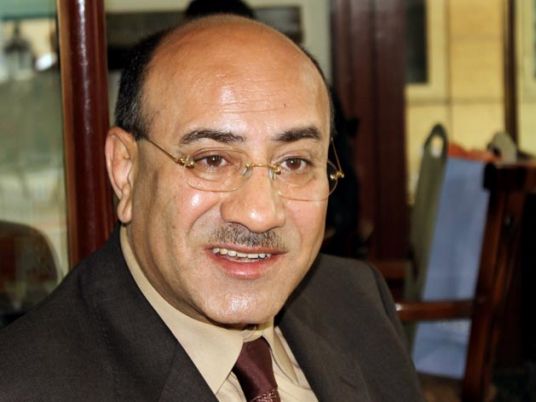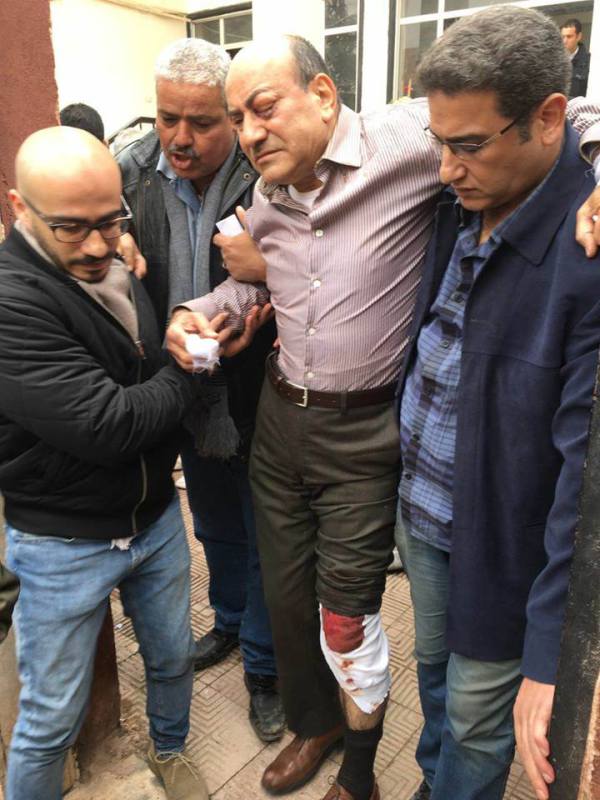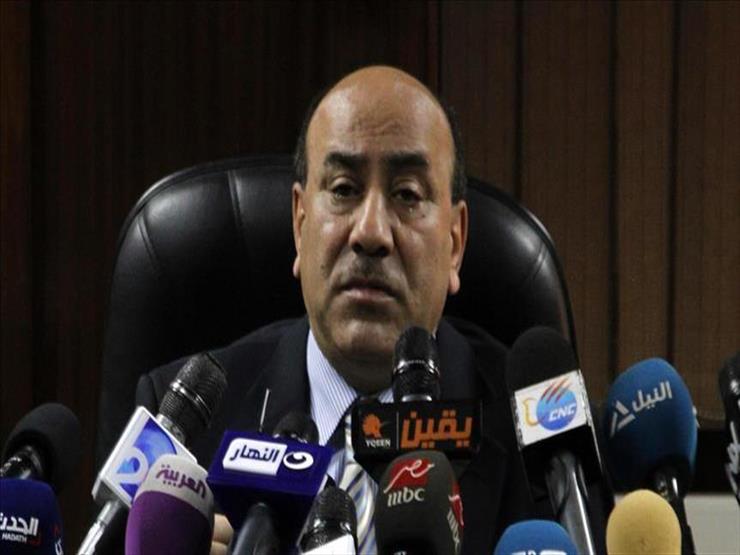
The head of Egypt’s Central Auditing Organization (CAO) has said that a law approved by the presidency two days ago does not empower the president to remove him.
Hisham Geneina told Al-Masry Al-Youm that based on the CAO’s law, which was not affected by the recent decree, the organization’s head cannot be removed without his consent or without an official letter of resignation.
Geneina explained that the stipulation is most likely provided by international agreements Egypt signed long ago.
President Abdel Fattah al-Sisi adopted a law on Saturday defining terms by which he can remove the heads of corruption watchdogs, including the CAO.
Those conditions include “evidence that he/she (the official) endangers the state’s security”, “loss of confidence (in the official)” as well as violations of the state’s “supreme interests”.
But Geneina believes the conditions cited in the law are equivocal, adding that the decree fails to explain how can it be proven the government has "lost confidence" in the target official or that he/she “endangers the state’s security”.
“The timing of the law is questionable, even for commoners in the street,” Geneina stated.
Some observers suspect the new legislation is specifically tailored to oust Geneina who has had tense relations with some state agencies after he reported financial violations at those bodies.
Geneina has faced accusations by government backers of his affiliation with the Muslim Brotherhood. His relationship with Justice Minister Ahmed al-Zend was also strained following Geneina's proposal to put a cap on judge salaries.
Essam al-Islambolly, a constitutional jurist, labelled the new decree “very dangerous” and "in favor of entrenching presidential powers,” adding that it violates constitutional provisions on regulatory authorities.
Islambolly believes the law was specifically issued to oust Geneina over his disagreements with Justice Minister Zend.
Nour Farahat, another high-profile constitutional expert, said the new law does not give the presidency the right to remove Geneina. He, too, finds the timing of the law “questionable”, but added that “what is even more suspicious is the failure to investigate the CAO’s corruption reports about some state entities, which raises the question on whether the state is earnest in its anti-corruption effort.”
Judicial sources at the State Council told Al-Masry Al-Youm that the Cabinet had urged the council to hasten with reviewing the law. The judges were able to review it in one session, given the fact that the new law contained only one article.
President Sisi temporarily holds exclusive powers to both issue and give final approval to legislation until a parliament is elected
Parliamentary elections were postponed indefinitely in March when the election law was ruled unconstitutional, a situation that raised the ire of Sisi’s critics who feared the presidency would seize the chance to adopt unchallenged and unpopular legislation.
But the government approved a new election law days ago, paving the way for setting a date for the long-awaited polls.
Edited translation from Al-Masry Al-Youm




